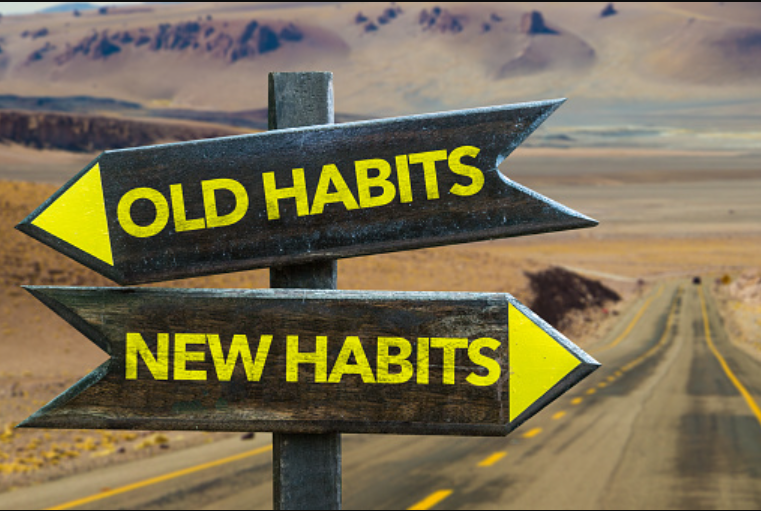Table of Contents
If you’re considering an addiction recovery program, it’s important to know what to expect. Each program is different, but most will offer around-the-clock care and support from professionals who understand addiction. Recovery programs can provide a much-needed fresh start and can be life-saving for those struggling with addiction. Here are some of the things you can expect from an addiction recovery program.
1. A Safe and Free Environment
The environment of an addiction recovery program is designed to be a safe and drug-free place. This allows the individual to focus on their recovery without temptations or distractions. Treatment staff members are trained in intervention, and they will intervene if anyone tries to use drugs or alcohol during treatment. Oftentimes, facilities will test individuals periodically throughout treatment for drugs and alcohol.
2. Individualized Care
An addiction recovery program is tailored to meet the individual’s specific needs. Every person’s addiction is unique, so no two programs are alike. Treatment staff will work with the individual to create a treatment plan that addresses their specific addiction and any co-occurring mental health issues. That way, the program can meet the individual’s treatment needs.
3. Medical Assistance
Addiction recovery programs often provide medical assistance, such as detox services at their facilities. Detox is needed when an individual has become physically dependent on drugs or alcohol and needs to safely withdraw from the substance. Treatment staff will monitor the person’s symptoms throughout their detox process and provide any necessary medical care.
4. Psychological Support
Many addiction recovery programs also offer psychological support. This can include individual therapy, group therapy, and family therapy. Therapy provides a safe space for the individual to discuss their addiction and any other issues that may be affecting them. It can also help them learn how to cope with difficult emotions healthily.
5. Education and Support for Family Members
Family members often play a role in an individual’s addiction, so they need to receive education and support as well. Addiction recovery programs offer family therapy and education sessions to help families understand addiction and how they can support their loved ones during treatment. Family members can also benefit from their own therapy sessions so they can process the addiction and learn healthier ways to communicate.
6. Relapse Prevention Plan
Addiction recovery programs prepare individuals for life after treatment by teaching them how to avoid relapse triggers and how they can cope with cravings if they do occur. They also work with individuals to identify areas of need that may have been caused by their addiction, such as financial stress or relationship problems. This way, individuals can work on these issues before they leave the program so they don’t relapse when life gets difficult.
7. Recreational Activities
Many addiction recovery programs also provide opportunities for their clients to participate in recreational activities. This allows the individual to enjoy time with peers and engage in fun, healthy activities outside of treatment. These activities can include anything from art therapy to music therapy. Other recreational activities may include hiking, biking, and swimming.
8. Better Nutrition for Healthier Living
Recovery programs also provide better nutrition for individuals who are often malnourished from drug or alcohol abuse. This can include healthy, balanced meals as well as vitamin and mineral supplements. Proper nutrition is essential for the individual’s physical and mental wellbeing. That way, they can focus on their recovery without feeling sick or tired.
Addiction recovery programs like the ones available at https://www.infiniterecovery.com/drug-rehab-houston/ can provide a much-needed fresh start for those struggling with addiction. They offer individuals the opportunity to receive treatment from professionals who understand addiction. Treatment staff will work with the individual to create a treatment plan that meets their specific needs.
The programs also provide medical assistance, psychological support, education and support for family members, relapse prevention training, and recreational activities. With all of these benefits, it’s no wonder that addiction recovery programs are so successful.



